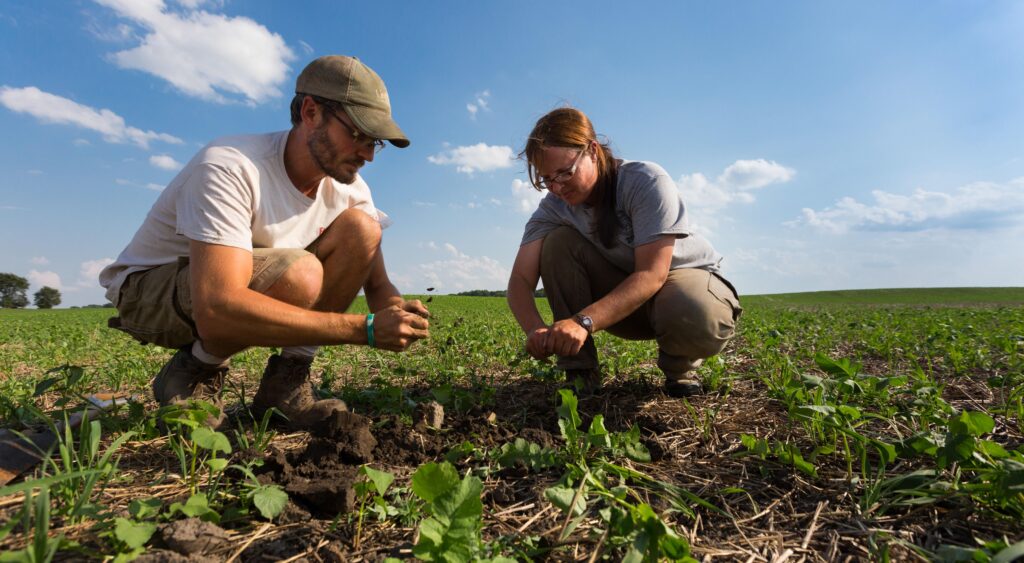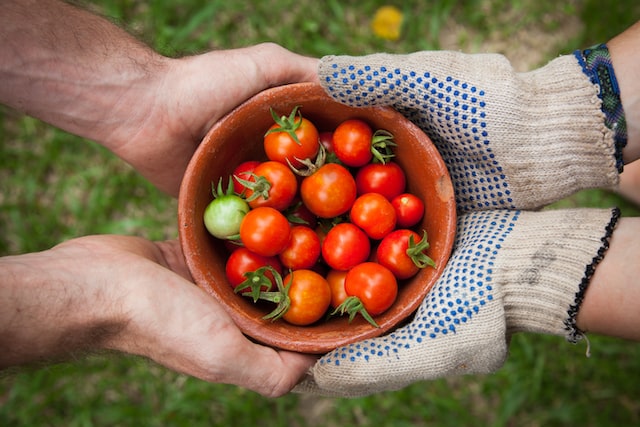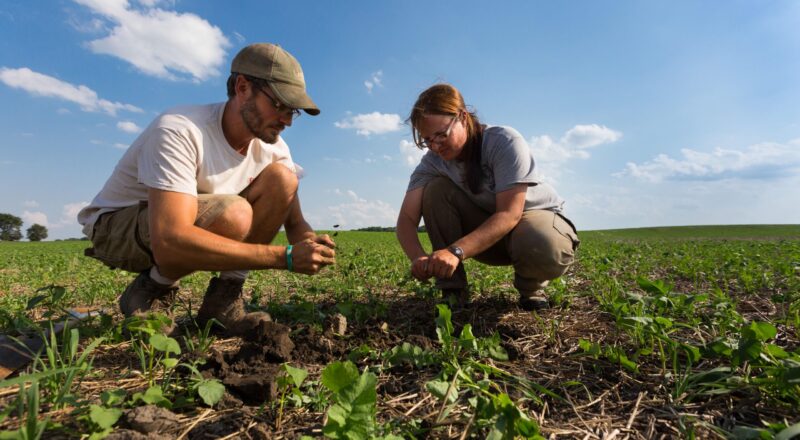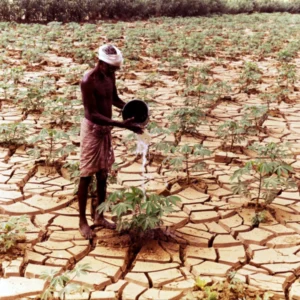Organic farming has been increasing in popularity in recent years as people have become more conscientious about the food they eat and where it comes from. But organic farming presents its own unique set of challenges, from pests and diseases that can damage crops to lack of access to water and other resources. Here we will explore some of the biggest challenges faced by organic farmers and offer some possible solutions.

Tackling Pest and Disease
Organic farming presents a significant challenge due to the presence of pests and diseases. As organic farmers abstain from utilizing synthetic pesticides or herbicides, they are more susceptible to harm caused by insects, fungi, and other pests. To overcome this, farmers can employ traps and barriers like netting to keep pests at bay, and plant companion crops that either repel pests or attract insects that feed on them. Another approach is crop rotation which not only helps in controlling pests and diseases but also enhances soil health.
Water Conservation Strategies
Organic farmers face the challenge of limited water availability, particularly during droughts. To conserve water, some farmers use greywater from household activities to water their crops. Collection of rainwater in barrels and containers is another option. Mulching also helps preserve water by reducing evaporation and maintaining soil moisture levels. These methods can help organic farmers overcome the water shortage challenge and ensure a successful harvest.
Overcoming Market Challenges
Organic farming presents unique challenges to farmers who strive to produce healthy, chemical-free food. One of the biggest hurdles they face is finding adequate markets for their products. Organic foods, due to their lack of synthetic inputs and often premium quality, can be priced higher compared to conventional foods, making them harder to sell. However, with the increasing demand for healthy and sustainably grown food, organic farmers can tap into various market channels such as farmers’ markets, Community Supported Agriculture (CSA) programs, online sales, and even local restaurants and grocery stores that are willing to pay a premium for organic products. Additionally, innovative farming practices like vertical farming can also help organic farmers increase their production and make their products more accessible to a wider audience.

Despite the obstacles, it is possible to succeed with thoughtful preparation and innovative approaches. By raising awareness of the difficulties faced in organic farming, we can aid farmers in delivering nutritious, environmentally friendly food.







